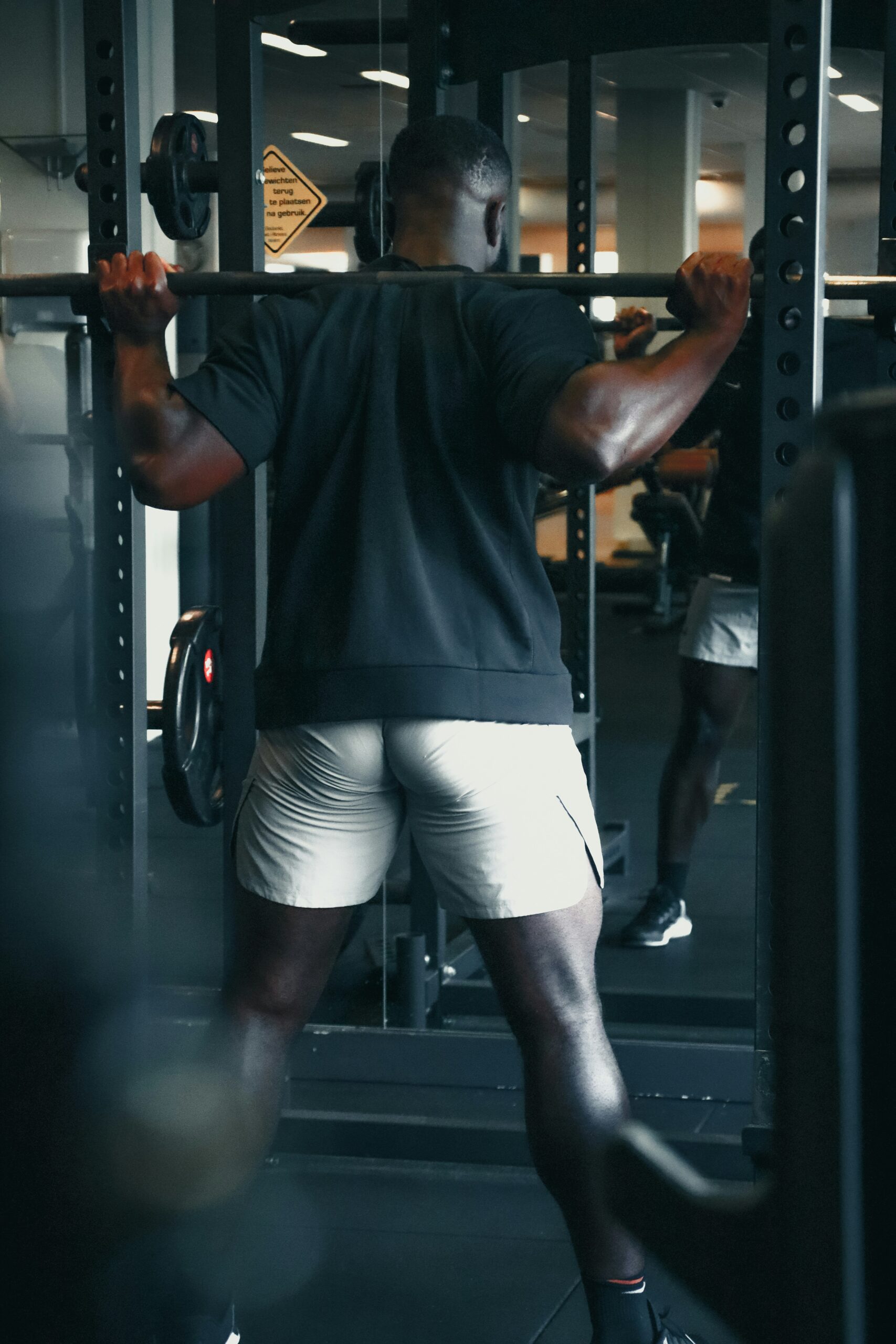Unleashing Potential Through Mindfulness in Athletic Training
In the quest for athletic excellence, the mind often takes a backseat to physical prowess. Yet, the integration of mindfulness into athletic training is rapidly gaining traction, offering athletes a unique pathway to unlock their full potential. The question that emerges is: can cultivating a mindful approach truly enhance performance? Spoiler alert: it absolutely can.
The Power of Mindfulness
Mindfulness, at its core, is about being present—fully engaged in the here and now without judgment. (I remember the first time I tried mindfulness during a particularly chaotic day at the sports desk; it was a game changer!) For athletes, this translates into being acutely aware of their body, thoughts, and feelings during training and competition.
Research suggests that mindfulness can help reduce stress, anxiety, and distractions—elements that can derail even the most talented athletes. A significant number of studies have shown that mindfulness practices can lead to improved focus, better emotional regulation, and enhanced overall performance.
Mindfulness in Action
But what does mindfulness look like in practice for an athlete? It’s not just about sitting cross-legged on a yoga mat chanting “om.” Instead, it can take many forms: from breathing exercises and body scans to mindful running or swimming. For example, an elite marathon runner might engage in “mindful running,” focusing on each step, the rhythm of their breath, and the sensations in their body as they move.
Let’s break down a few key mindfulness techniques that athletes can incorporate into their training regimens:
- Breathing Exercises: Simple yet powerful, focusing on one’s breath can ground an athlete, especially in high-pressure situations.
- Body Scans: This involves mentally scanning the body for tension or discomfort, allowing athletes to address issues before they escalate.
- Visualization: Athletes can use visualization techniques to mentally rehearse their performance, which can enhance confidence and reduce anxiety.
- Mindful Movement: Whether it’s yoga or tai chi, engaging in mindful movement helps athletes connect with their bodies and improve flexibility.
Real-World Examples
Let’s take a look at some real-world examples. The legendary basketball player Kobe Bryant was known for his intense focus and mental discipline. He often spoke about visualizing plays and outcomes, which is a form of mindfulness in action. His “Mamba Mentality” wasn’t just about physical training; it was about cultivating a mindset that thrived on presence and awareness.
Similarly, in the world of tennis, many top players, like Novak Djokovic, have embraced mindfulness. Djokovic has credited his mental training and meditation practices for his success on the court, emphasizing that it helps him stay calm and focused during matches. (I can only imagine how hard it must be to maintain that composure when the pressure is on!)
The Science Behind Mindfulness
Now, let’s turn to the science. A study published in the Journal of Sports Sciences found that athletes who practiced mindfulness showed significant improvements in performance metrics compared to those who did not. These athletes reported feeling less anxious and more in control during competition, which undoubtedly translates to better performance.
Another fascinating study from the Journal of Clinical Psychology indicated that mindfulness training could enhance athletes’ resilience, enabling them to bounce back from setbacks more effectively. This resilience is crucial because, let’s face it, every athlete faces challenges—whether it’s an injury, a tough loss, or simply the rigors of training.
Mindfulness Techniques for Different Sports
Different sports may require unique approaches to mindfulness, and understanding these nuances can be beneficial for athletes. Here’s a snapshot of how mindfulness can be tailored to various athletic disciplines:
Team Sports
In team sports like soccer or basketball, mindfulness can facilitate better communication and cohesion among teammates. Coaches can introduce group mindfulness exercises before games to help players establish a collective focus. A simple breathing exercise in the locker room could set a positive tone, allowing players to channel their energy and intentions towards a common goal.
Individual Sports
For individual athletes, such as runners or swimmers, mindfulness can foster a deeper connection with their own bodies. During training sessions, athletes can practice “body awareness,” tuning into how different muscles feel during exertion and making adjustments as necessary. This self-awareness can lead to better performance and injury prevention.
Combat Sports
In combat sports like boxing or martial arts, mindfulness can be particularly useful. Athletes often face high-stress situations where split-second decisions can mean victory or defeat. Incorporating mindfulness techniques can help fighters remain calm under pressure, allowing them to execute strategies with precision. It’s like having a mental “reset” button right before the bell rings.
The Role of Coaches
Coaches play an instrumental role in fostering a culture of mindfulness within their teams. While some might still picture the archetypal hard-nosed coach yelling from the sidelines, many are beginning to incorporate mindfulness into their training methodologies. (I can’t help but chuckle when I think of my own high school coach who would have scoffed at the idea!)
Coaches can start by leading their teams through mindfulness exercises, encouraging open discussions about mental health, and emphasizing the importance of mental training alongside physical conditioning. This holistic approach can help athletes feel more supported and engaged in their training.
Creating a Mindful Training Environment
Establishing a mindful training environment involves setting expectations and creating space for athletes to explore their mental skills. This can include:
- Designating quiet spaces for mindfulness practices.
- Encouraging athletes to share their experiences and challenges.
- Integrating mindfulness into warm-ups or cooldowns.
It’s about fostering a culture where mental wellness is valued just as much as physical prowess. When athletes feel supported in their mental training, they’re more likely to embrace mindfulness as a crucial component of their development.
The Challenges of Mindfulness in Training
Of course, integrating mindfulness into athletic training isn’t without its challenges. Athletes are often caught in the whirlwind of competition schedules, training regimens, and expectations. Finding the time to practice mindfulness can feel like another task on an already overflowing to-do list. (I mean, who has time to sit still when there are sprints to run?)
Moreover, some athletes may be skeptical about the benefits of mindfulness. The traditional sports culture often emphasizes grit and toughness, which may not align with the softer, introspective nature of mindfulness practices. Overcoming this resistance requires patience, education, and sometimes, a little humor. (Imagine a burly football player trying to meditate—it’s a sight!)
Bridging the Gap
To bridge this gap, it’s essential to present mindfulness not as an “add-on” but as an integral part of training. Coaches can highlight success stories of athletes who have benefited from mindfulness, making it more relatable. It’s about shifting the narrative from “mindfulness is for yoga enthusiasts” to “mindfulness is a tool for champions.”
Conclusion: The Path to Mindful Excellence
As athletes increasingly seek an edge in their performance, mindfulness is emerging as a powerful ally. By fostering a deeper connection between mind and body, athletes can unlock their true potential. It’s a transformative process that, when embraced, can lead to not only improved performance but also enhanced well-being.
So, whether you’re a seasoned pro or an amateur athlete looking to up your game, consider incorporating mindfulness into your training regimen. Who knows? You might just discover a new level of focus, resilience, and joy in your sport. And remember, it’s not about perfection—it’s about progress. (Plus, if it helps you win a few matches, why not?)
In the end, the journey to athletic excellence is as much about the mind as it is about the body. Embrace mindfulness, and you may just find that the greatest battles are fought not on the field, but within.




